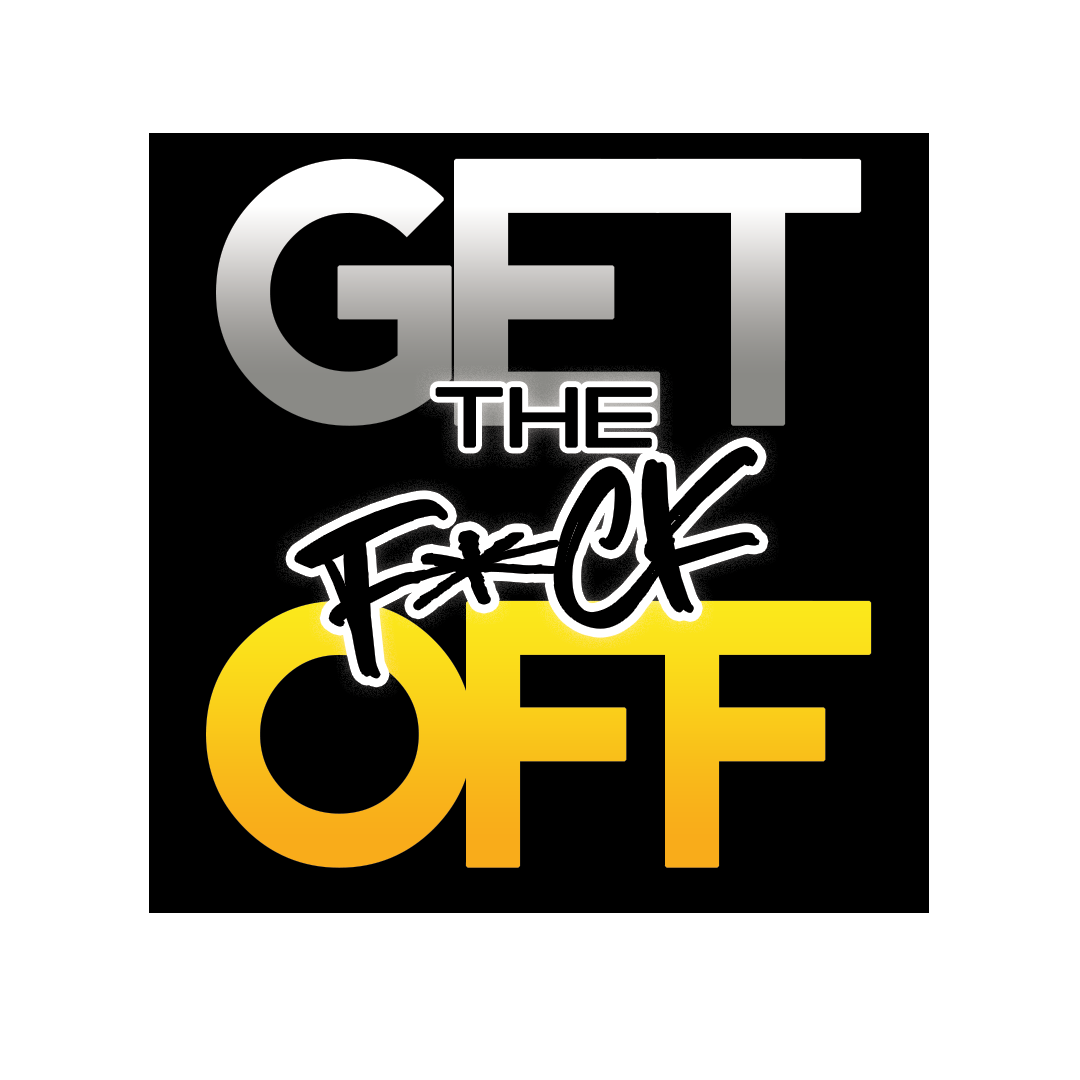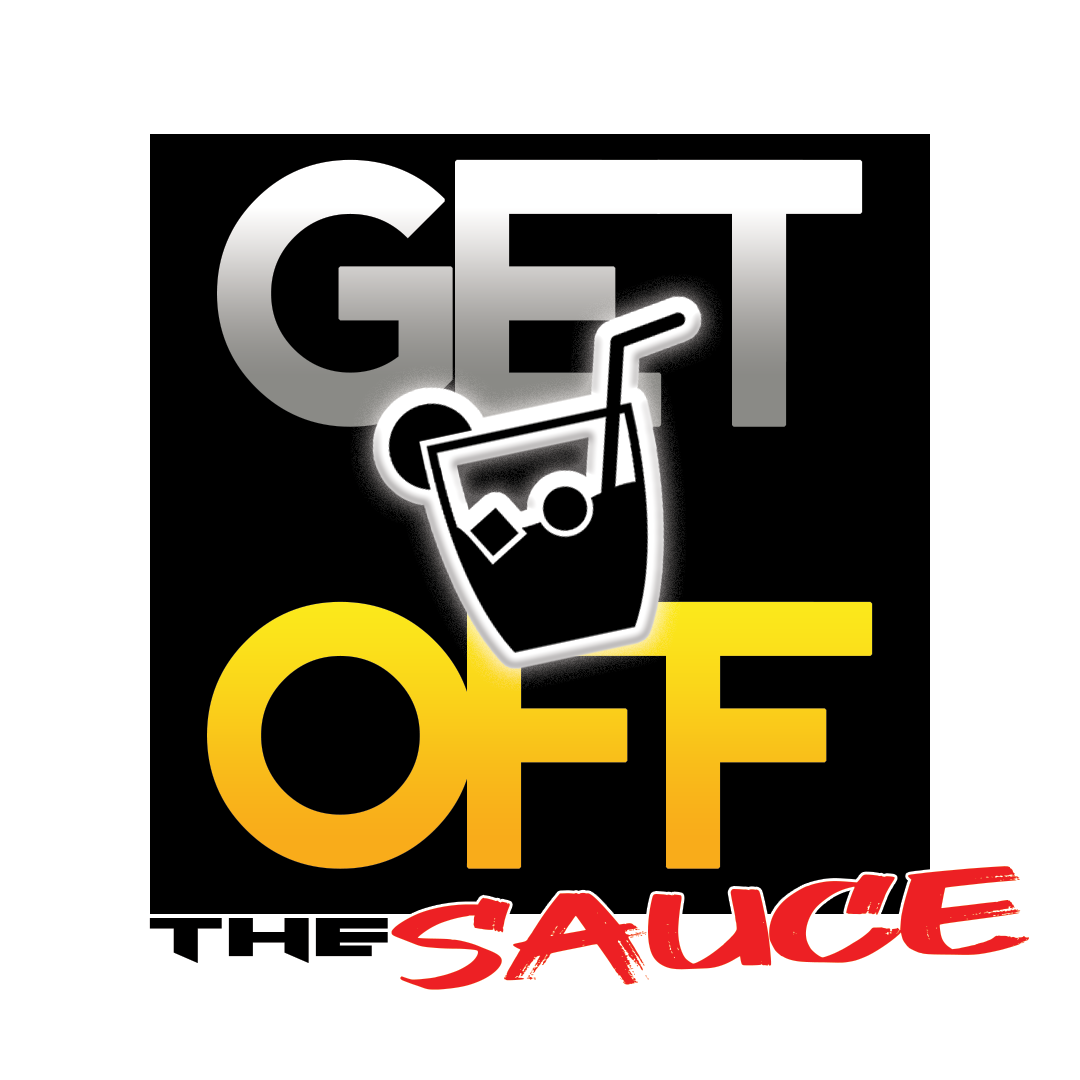
The Get the F*ck Off Podcast
Alcohol Is Not Responsible For You Being "Fun"
When people want to stop drinking, a lot of times the first concern is "who will I be on the other side of this?"
When I interviewed my friend Elliott on my podcast last year, he also voiced that he was worried he'd be this boring person that "everyone thinks is sad."
Who the hell wants that?
I was one of those people who just saw a sliver of the world of recovery, reinforced by disempowering accounts the Instagram algorithm served up, and uninspiring, "straight out of a text book" Google search results.
I was completely misinformed about what would actually happen, which was that I would become more me than I'd ever been.
A Conversation With Julia Machinshok About Suicide, Addiction, Healing Trauma, and Holistic Therapy
When Julia Machinshok lost her mother suddenly to pancreatic cancer in August of 2006, her world seemed to get out of control overnight.
At the time, she was drinking and partying very heavily and didn’t visit her mother the day before she died due to being hungover. The spiral of guilt and upset led her down a spiral of deep depression and alcohol abuse, and she found herself losing her job, having her car repossessed, and ending up without a place to stay at 8 months pregnant.
All of this was very traumatic for Julia. She was also repressing trauma from childhood, which she had not yet come to understand.
In 2014, things finally started to take a turn for the worse. Julia had been battling depression, alcoholism, and poor mental health in general. She began having horrible nightmares that would not subside, so she sought help from a psychiatrist.
The psychiatrist put her on a bunch of heavy-duty psychiatric medication, which didn’t seem to help.
The medication drug Julia into a place of numbness, and having her life slip slowly in and out of her control for years became too much. She attempted suicide twice.
Julia knew she had to take radical control of her life if things were going to change.
She sought out a therapist who she had once seen in the past who began specializing in a holistic approach to treatment.
Through months of work with mindfulness, hypnosis, and working through past experiences, Julia was able to conclude that her life and experiences were completely within her control.
She no longer takes medication, has been sober for four years, and now works as a case manager at a substance abuse treatment facility. Immediately, she knew it was where she belonged. She works with a phenomenal team, loves the work she does and feels fulfilled in knowing she is helping people live better lives.
Brutally Sober: A No-Bullshit Conversation with Joe Conley
On this week’s episode of the Get the F*ck Off Podcast, I had the true pleasure of having a conversation with Joe Conley, host of the Brutally Sober podcast, and the Alcoholics Anonymous Deprogramming Podcast on YouTube.
Joe and I clicked right away. Maybe it’s just because we’re both no-bullshit East Coasters, or maybe it’s because we have a lot of similarities in our relationships with alcohol.
This conversation was very raw and real and explored many topics such as Joe’s experience in rehab, Alcoholics Anonymous, the science of drinking, our personal struggles with alcohol both past and present, sobriety during COVID, spirituality, enlightenment, identity, and being a fucking curmudgeon.
I absolutely loved talking with Joe and hearing about his life and experiences.
A Different Approach to Addiction Treatment: Dr. Eric Fields and Harm Reduction Therapy
On this week’s episode of the Get the F*ck Off Podcast, I got the true pleasure of chatting with one of my favorite people, Dr. Eric Fields, who is a Cognitive Behavioral Psychologist specializing in treating addiction.
We talk at length about his alternative approach to the anonymous groups, which have become the American standard with low efficacy rates.
If you’re drinking too much or struggling with something else, but don’t want to go to meetings because you feel they’re not for you- this episode will shine quite a bit of light.
Eric and I share a similar philosophy on helping people grappling with addiction, which is a whole person approach. It’s about enhancing your entire life, not just attacking one specific area which often is a result of a problem, not the problem itself.
He also believes in meeting his patients where they are, instead of insisting on abstinence before progressing with treatment.
This was a great conversation.
If you:
-are struggling with addiction
-are struggling with weight loss (Eric initially worked with patients with eating disorders)
-are finding yourself unable to navigate your substance use disorder within the confines of the Anonymous group-centered American recovery model
Then you will love our conversation and this episode may give you hope.
“I’m Not Like Everybody Else.”
It’s not just a great song by The Kinks!
It’s also a common phrase and a symptom of a common problem for people who are experiencing things like substance use disorder: terminal uniqueness.
People often have this underlying belief that they’re so different from others, and for it, they don’t seek out community.
That’s an issue because community is one of the most important steps to recovery.
Breaking Bad Habits is Uncomfortable. Not Impossible
It's difficult to break bad habits. People like to use phrases like "this is hard" or "I'm a failure," but in reality, breaking bad habits is simply uncomfortable. Not impossible. Learning to recognize it for what it is is crucial to long-lasting change.





















